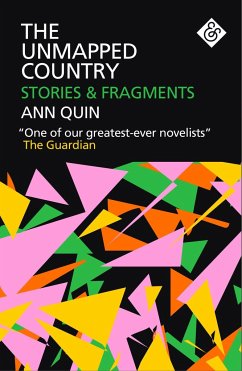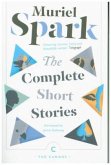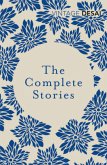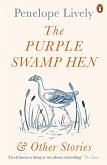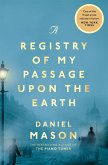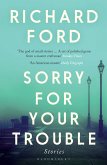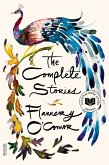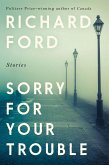This new collection of rare and unpublished writing by the cult 1960s author Ann Quin explores the risks and seductions of going over the edge. The stories cut an alternative path across innovative twentieth-century writing, bridging the world of Virginia Woolf and Anna Kavan with that of Kathy Acker and Chris Kraus.
Hinweis: Dieser Artikel kann nur an eine deutsche Lieferadresse ausgeliefert werden.
Hinweis: Dieser Artikel kann nur an eine deutsche Lieferadresse ausgeliefert werden.
One of the few mid-century British novelists who actually, in the long term, matter.' Tom McCarthy 'Ann Quin is a master painter of interiors, of voices that mosaic as they catch the light at strange, stirring angles.' Chloe Aridjis'Quin understood she was on to something new and she took herself seriously, in the right way; she had a serious sense of her literary purpose.' Deborah Levy'She is one of our greatest ever novelists. Ann Quin's was a new British working-class voice that had not been heard before: it was artistic, modern, and dare I say it ultimately European.' The Guardian'Quin works over a small area with the finest of tools... every page, every word gives evidence of her care and workmanship.' New York Times

